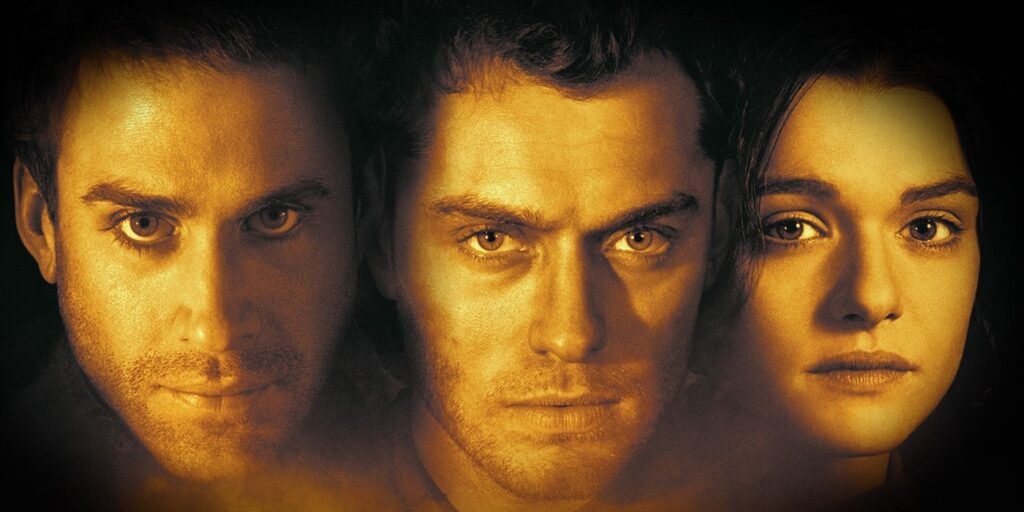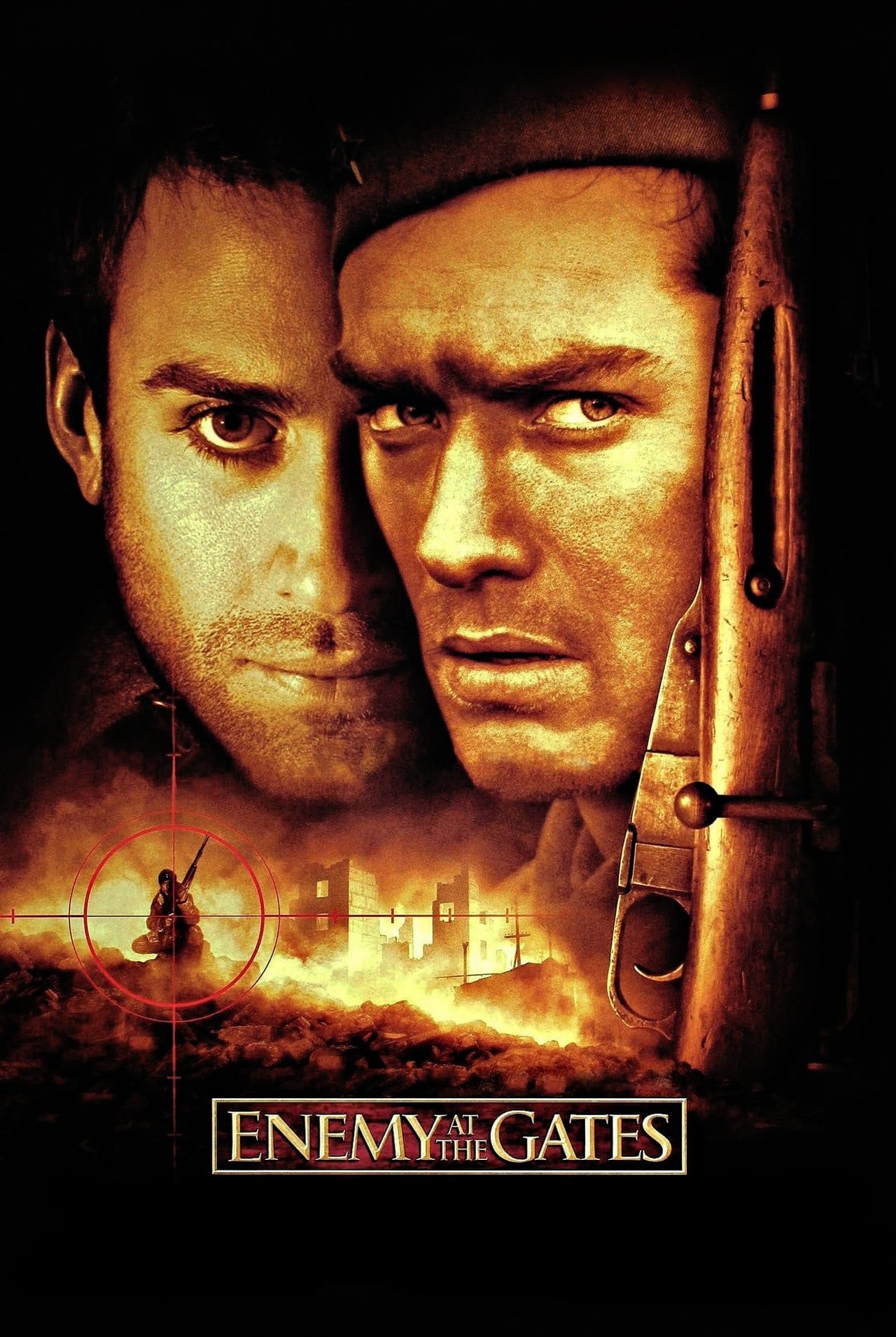World War II is a subject that has certainly been covered thoroughly in cinema, with films about the conflict coming out ever since the conclusion of the war itself in 1945. Much of the modern perception of history is shaped by the iconic images in war films, which present the Allied forces as the “Greatest Generation” that stood up against the ultimate source of terror. Films like Saving Private Ryan and Bridge on the River Kwai are renowned as all-time classics within the genre, but in reality, trench warfare was only one component of what made World War II the bloodiest combat in history. One movie that looks beyond the trenches is the underrated military thriller Enemy at the Gates, which explores a tense cat-and-mouse game between two snipers who find themselves facing off during the Battle of Stalingrad in 1942.
What Is ‘Enemy at the Gates’ About?
Enemy at the Gates is based on the acclaimed nonfiction novel of the same name by William Craig, which follows the Red Army soldier Vassili Zaitsev (Jude Law) after he survives a bitter conflict with Nazi soldiers. Despite being in a situation in which he was expected to perish, Vassili was able to make a daring escape by killing five German soldiers in less than a minute using his rifle. This inspires Commissioner Nikita Khrushchev (Bob Hoskins) to transport him to the sniper unit, as he believes that Vassili will serve as an inspiration to the other Soviet Union soldiers who have lost hope as they’ve watched their homes destroyed. However, Vassili’s lethal marksmanship leads the Nazi Army to deploy their own sniper, German Major Erwin König (Ed Harris), to take him out. Although both men are fighting for their respective countries in the war, they also develop a personal rivalry that motivates them to draw one another out of hiding.
Enemy at the Gates is able to explore the social and political consequences of World War II that shaped each nation. Vassili does not come from wealth and does not have any strong feelings about the rise of the Communist regime, but he does develop a strong sense of brotherhood with the other men that he is serving beside; in particular, the death of his colleague Koulikov (Ron Perlman) makes him even more intent on getting revenge on the Germans. Vassili is given additional motivation to find König after he begins a romantic relationship with the Russian-American woman Tania Chernova (Rachel Weisz), whose entire family was killed by the Nazis. Nonetheless, the film does not attempt to easily claim König as being the villain, as he also is recovering from a familial tragedy that makes it difficult for him to form emotional connections with others. Much of this succeeds because of the strength of the two lead performances; Law is able to channel the earnestness of an idealistic young recruit, whereas Harris conveys the deep cynicism of a veteran who has spent a lifetime killing.
‘Enemy at the Gates’ Explores a Unique Arena of Combat
Enemy at the Gates explores the strategy involved in deploying snipers, who serve a greater function than just taking out the highest quantity of enemy soldiers. Both König and Vassili are dispatched to key locations in which the execution of a few leading enemy combatants could determine the tide of the battle. While they have the freedom of being positioned far away from the enemy’s gunfire, they also realize that firing a shot could end up revealing their location, thus placing them in greater danger. While both men are hailed as heroes by their respective countries, Vassili in particular struggles with the legacy of being known as a killer.
Director Jean-Jacques Annaud is an experienced filmmaker behind many classic historical dramas, such as The Name of the Rose, Seven Years in Tibet, and Quest for Fire; his expertise elevates Enemy at the Gates, particularly with the examination of how emerging technology shaped the military procedures used in World War II. Enemy at the Gates is a nail-biting two-hander, but it does not attempt to glamorize one of the ugliest moments in period history. The most profound revelation that the film makes is that in the end, Vassili and König are not that different from one another. The suggestion that there is a code of chivalry that binds all soldiers together is what makes Enemy at the Gates deeper than most World War II films.
Enemy at the Gates is streaming on Prime Video in the United States.

